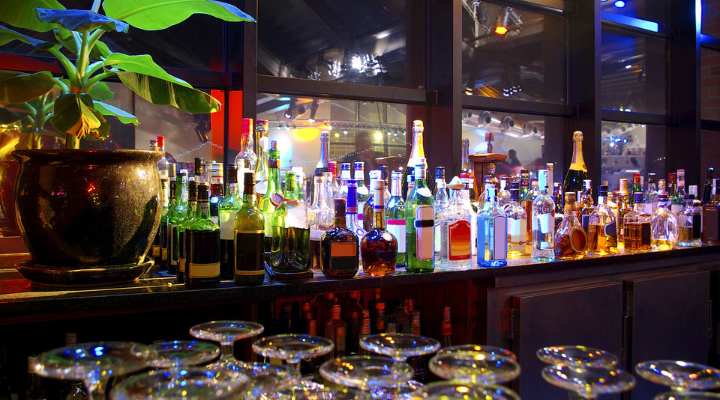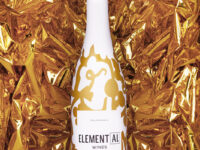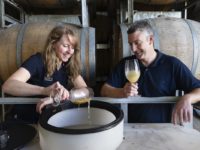A new wine tax regime in Thailand – where wine drinkers have always been taxed higher than those who prefer beer or spirits – could open the way for higher exports from Australia winemakers.
The move comes after the government introduced a series of relaxations on liquor sales. Last year, the Thai government lifted a 50-year-old ban on the sale of alcoholic beverages in the afternoon, from two pm to five pm, and extended the operating hours of entertainment venues such as nightclubs and bars to boost the tourism industry.
According to government spokesperson Chai Wacharonke, the steep import tariffs on wines, which currently stand at 54 per cent and 60 per cent of declared value, will be abolished indefinitely.
Moreover, the excise tax on wine will be reduced from 10 per cent to five per cent and on spirits from 10 per cent to zero to help small-scale producers.
The tax cuts are expected to considerably lower the cost of imported wines in Thailand. The country has been known for imposing an average tax of around 250 per cent on wine, which includes import tariffs, excise tax, municipal tax, and 7 per cent VAT.
However, the change in tariffs could impact the country’s revenue.
In the previous year, the government generated as much as A$7.6 billion in tax coffers from alcohol, beer, and other beverages, including $2.8 billion from alcoholic drinks.
The new tax measures will take effect shortly, Wacharonke added.
This story first appeared on our sister publication Inside FMCG
















